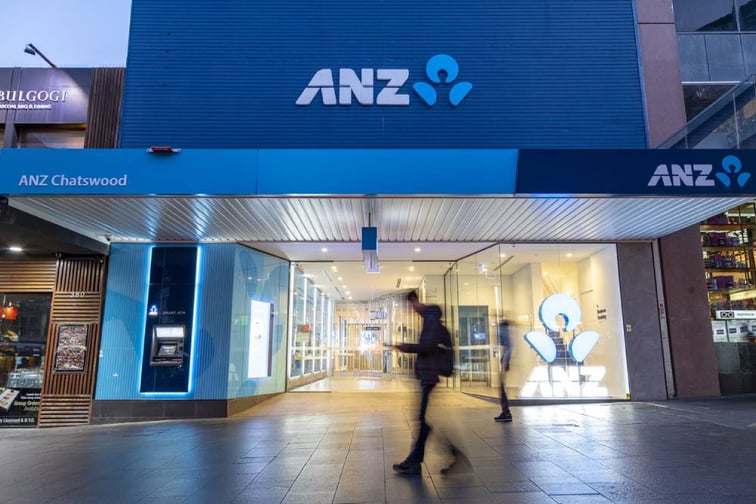

ANZ has raised its main long-term fixed rates, becoming the third of the Big Four to do so within a week.
Their sub-2% two-year fixed has gone, with 15 basis points added to take the new rate up to 2.09% from 1.94%.
The three-year fixed has risen a massive 30 points, going to 2.39% from 2.04%, while the four- and five- fixed have gone up 20 basis points and now sit at 2.69% and 2.89% respectively.
In keeping with the move that CBA made, ANZ has dropped its one-year fixed to 1.99%.
The moves indicate that banks are now pricing in major changes to the price of money as of next year, when a new term funding period will begin and costs on the lender side will rise.
Furthermore, the hikes are now factoring in a cash rate change in 2024, with huge jumps in the 3, 4 and 5-year numbers suggesting that ANZ thinks that the Reserve Bank of Australia will not deviate from their announced plan.
“The RBA has done an exceptional job in supporting the economy through Covid and through its purchase of, via term funding, to support the banks,” said John Kolenda, managing director of broker aggregator Finsure to Australian Broker earlier this week. “That’s anticipated to finish in February next year.”
“I think what is going to happen over the next two to three quarters is inflationary pressure. If the RBA turns off the term funding facility, the banks still need to securitise billions of dollars through the bond market. If they’re already pricing in a rise, then the cost of funds will go up, which they’ll likely pass onto consumers.”
“In simplistic terms, what we need to look at if inflation. If you look at goods and services, there’s enough evidence out there that those prices have gone up. That is reflected in the inflation rates that are going to come out in the next couple of quarter as we move out of lockdown.”
“If that is the case, then something is going to happen. If the cash rate doesn’t move, it doesn’t necessarily mean that the other markets where the banks still need to find funding, such as the bond market, aren’t pricing a higher rate. That will cost them more, just via the sheer fact that if costs go up, they have to pass that onto consumers.”
“It could happen in the second or third quarter of next year, and it’s something that consumers need to be anticipating through these signs that are becoming evident.”
